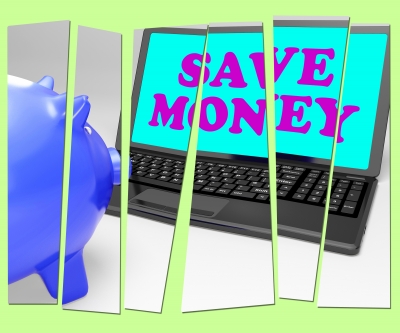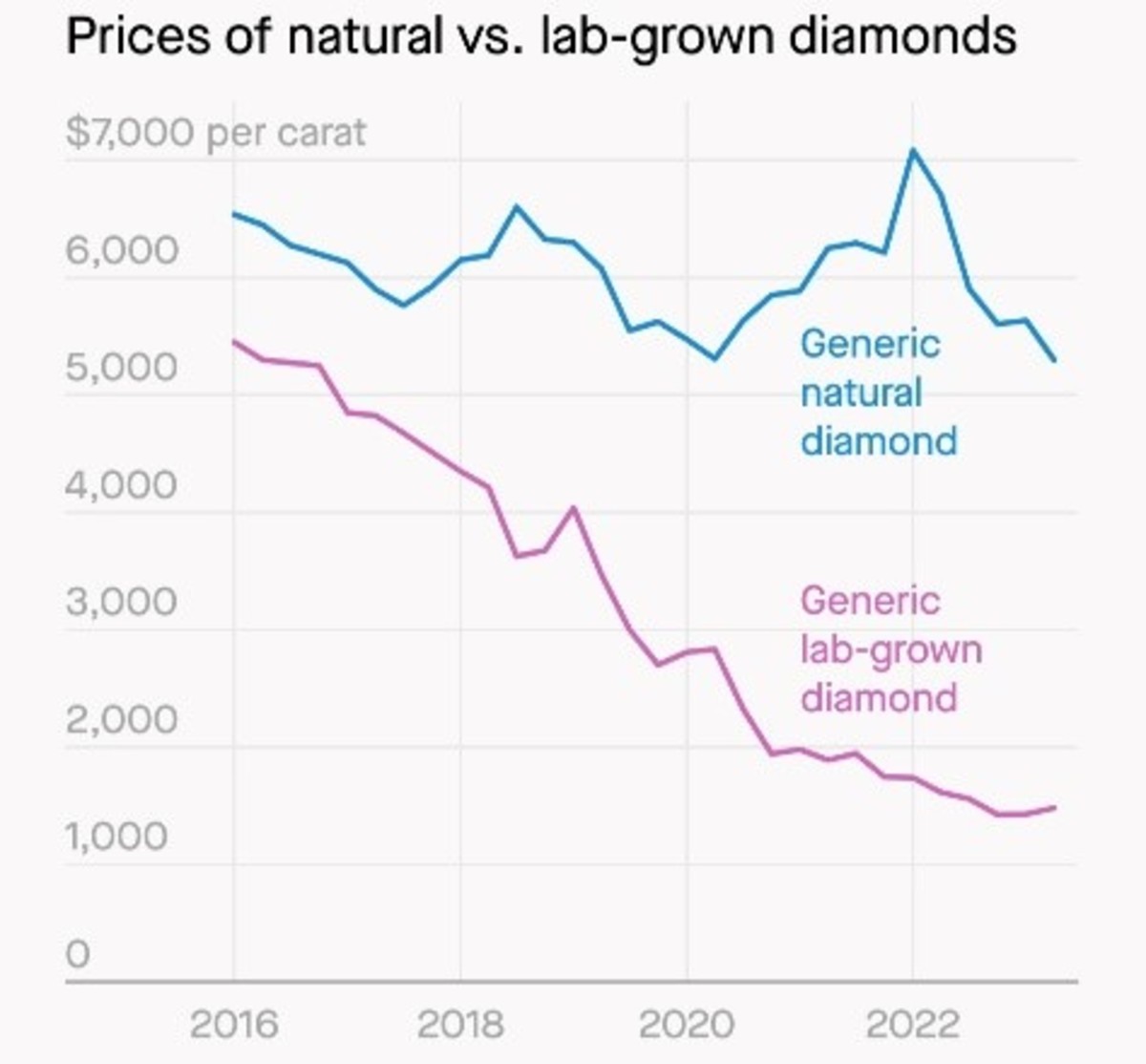4 Steps To Financial Freedom

Introduction
For most people financial freedom is some distant far off dream…almost like winning the lottery. Are you or someone you know drowning in debt, living paycheck to paycheck and just can’t seem to get ahead? Then this Hub may be of some help. Here are 4 steps that I’ve used to help me on the road to financial freedom.
Why Bother with Financial Freedom
People often ask me why I value achieving financial freedom. After all, they say, people are supposed to work – that’s just a part of life.
I think it’s empowering to take control of your finances. Once people get their debt under control they can look at options for saving and investing their money. The more I save and invest, the closer I am to financial freedom. The way I see it, more income-producing assets that I own, the less reliant I’ll be on my employer for a paycheck and the greater financial cushion I’ll have to cope with a sudden job loss or some other costly event.
Investing provides me with an alternative form of income. Once my investment income exceeds my living expenses, I’ll be financially free. Many people find this appealing because they are free to pursue their own interests and activities without ever having to worry about money.

Step 1: Tackle Debt
There’s no question that debt is a huge burden on people and is a major obstacle to overcome on the road to financial freedom. For people drowning in debt it can be tough to even figure out where to start getting a handle on it and devising a plan to get rid of it. As the monthly bills keep on rolling in the situation can feel hopeless.
I always like to believe that if there’s a will then there’s a way and that nothing is impossible. I think the key to tackling debt is making some short-term sacrifices for the long term gain of being in a better financial position. In my experience, I had to cut my expenses and work a second job to bring in more money to pay down debt. It took me a little over 2 years to get back on track.
If you’re wondering where to begin paying off debt, the experts recommend paying off all high interest debt first. Things like credit cards and payday loans come with a hefty interest rate so focus on those first. After that look at things like car loans, student loans, lines of credit and finally the mortgage.

Step 2: Spend Less Than You Make
The central idea behind this mantra of personal finance is to spend less than you earn and invest the rest. If you spend more than you earn, you’ll be reliant on debt and sooner or later you’ll be maxed out; which is not a good position to be in. So many personal finance gurus recommend tracking your spending and coming up with a budget.
The problem, as they see it, seems to be that people spend a lot of money on “things.” A coffee here, a lunch there, new gadgets and gizmos etc. I’m sure we all could cut out a lot of unnecessary spending.
But the problem, as I see it, is that there comes a point where we literally can’t cut back any more. The fact is life is expensive and there is a cost of living. We need food, shelter, clothing and heat etc. The reality is that there is only so much that a person can cut back. So budgeting and cutting back on expenses only get you so far. Sooner or later you’ll need to focus on earning more money.
Step 3: Earn More Money
As I mentioned at the end of step 2, because we can only cut our expenses by so much, sooner or later we’ll have to try to earn more money. There are 2 ways to approach this problem. First, the obvious way to earn more money is to try to find a better paying job or work a second job. If you’re drowning in debt there’s an immediate need to quickly make more money and get things paid off as soon as possible. But again, we’re all human, we can only physically work so much. There’re only so many hours in a day. That’s why I don’t believe working 2 jobs is a great long term strategy. It’s fine to do it short term to get out of debt but once you get a handle on your finances you probably won’t want to work 2 jobs.
Invest in the Stock Market

Step 4: Save and Invest Your Money Automatically
The second option to earn more money involves investing your savings. If you’ve paid down your debt to a manageable level and are living within your means, there should be money left over at the end of the month. This money is your savings and if you want to achieve financial freedom it should be invested for the long term. When you invest your money it is working in place of you. This is a far better way to build wealth and financial security than having to be dependent on 1 or more jobs.
To be successful on the road to financial freedom you must be able to make the process of saving and investing repeatable. That’s why I’m a huge fan of David Bach’s The Automatic Millionaire. He explains the power of automation when it comes to our finances. When you automate something it becomes repeatable and predictable. When your savings is automated, it guarantees that you’ll be paying yourself first.
The main reason that I automate my saving and investing is because it’s easy and convenient. I’m busy and I don’t want to be actively managing my money. The way I see it, I’m trying to set up a system for achieving financial freedom where I automate my savings and investments to receive passive income. So this requires virtually no work on my part.
The whole idea is to avoid having to do a lot of work. I don’t want to spend a lot of time managing my investments so I set things up so they all run on auto-pilot. Most banks and investment companies offer automatic savings and investment plans and I highly recommend taking advantage of them.
One of my Personal Favorites
Types of Assets

Buy Assets That Pay You!
The number 1 problem that most people have is a lack of money, so we need to put our savings to work. To do this, consider buying income-producing assets. Things like dividend stocks, exchange-traded funds (ETFs), low cost index mutual funds, real estate investment trusts (REITs), bonds, guaranteed deposits and even rental property – all qualify as income-producing assets. These assets pay you regular income to own them.
The great advantage of owning income producing assets is that they will increase a person’s monthly cash flow. Rather than spending this investment income, consider re-investing it to get the power of compounding working in your favor. This is where your money really starts working for you. If you keep investing money from your paycheck and re-investing the income you get from your investments, you’ll see your passive income increase exponentially.
Since I started tracking my investment income, I’ve seen year over year increases of 20%-50%. The great thing about investments is that they produce passive income. Unlike my job, I don’t have to actively work for this income. I get paid simply by owning something. The more this income builds, the closer I am to achieving financial freedom.
For the average person, the easiest way to set up an alternative stream of income is to purchase financial assets like stocks and bonds. Anyone can start investing in these assets with as little as $25 a month and if you choose to set everything up automatically, then you'll be on your way to financial freedom.
For more great tips on personal finance and investing check out My Road to Wealth and Freedom.












